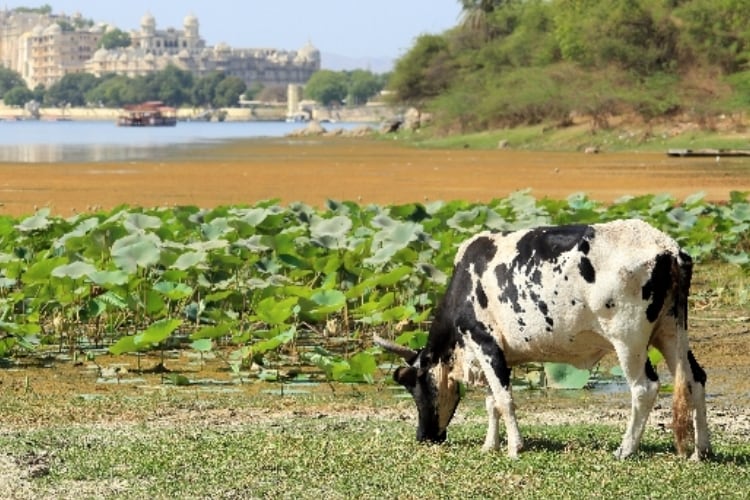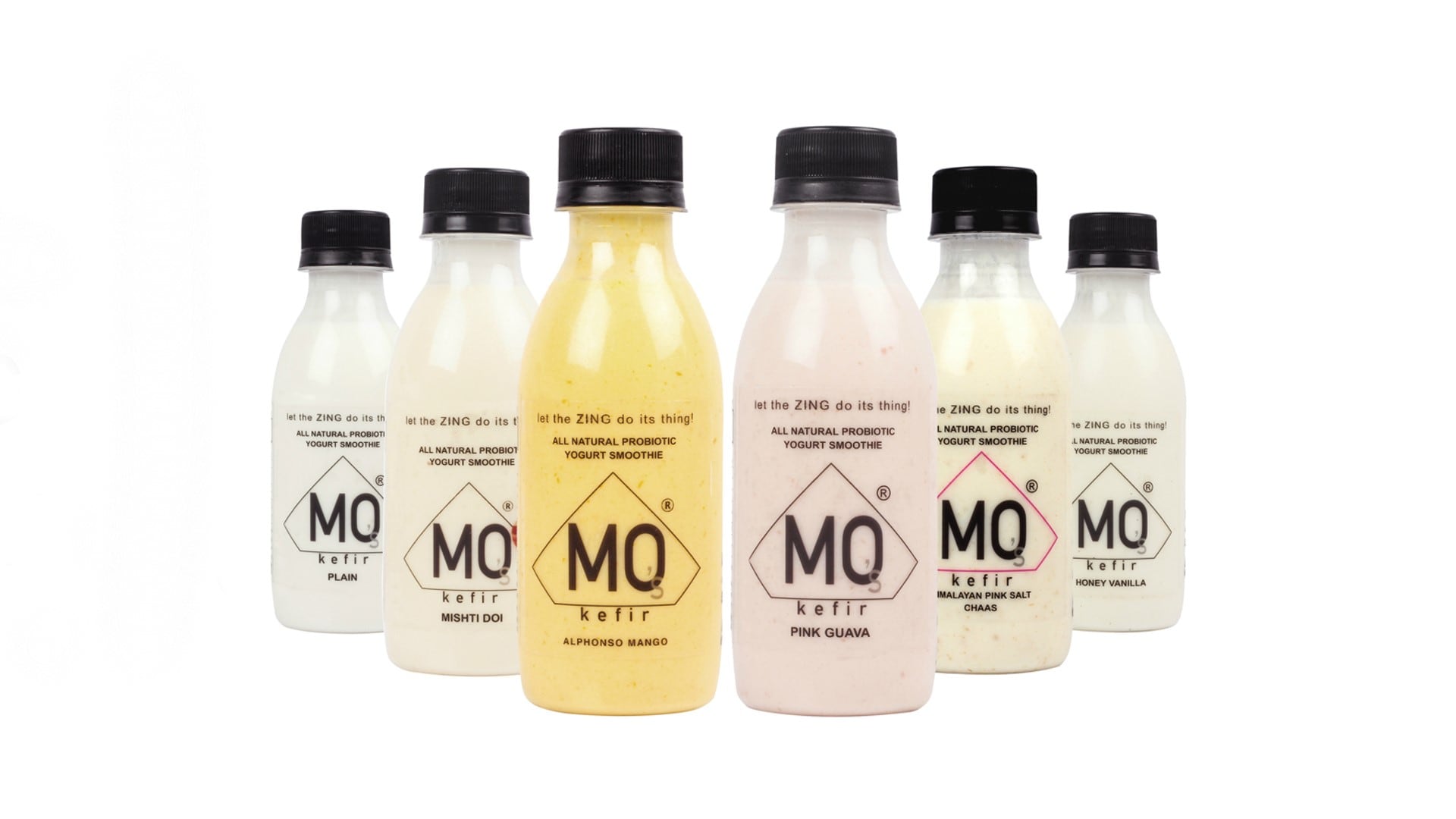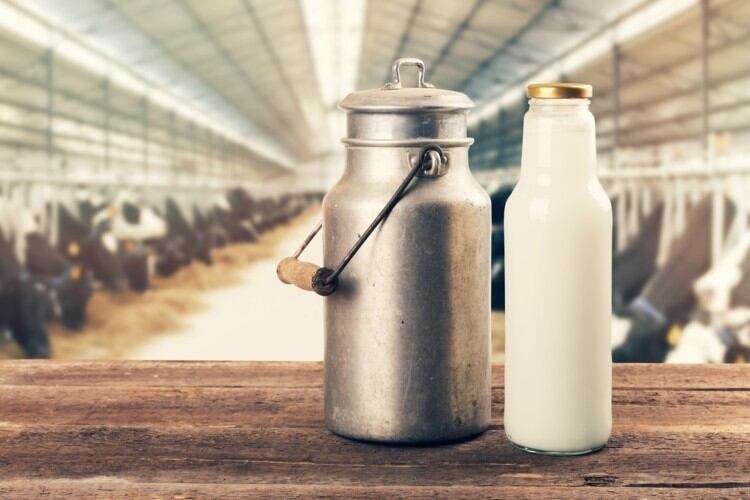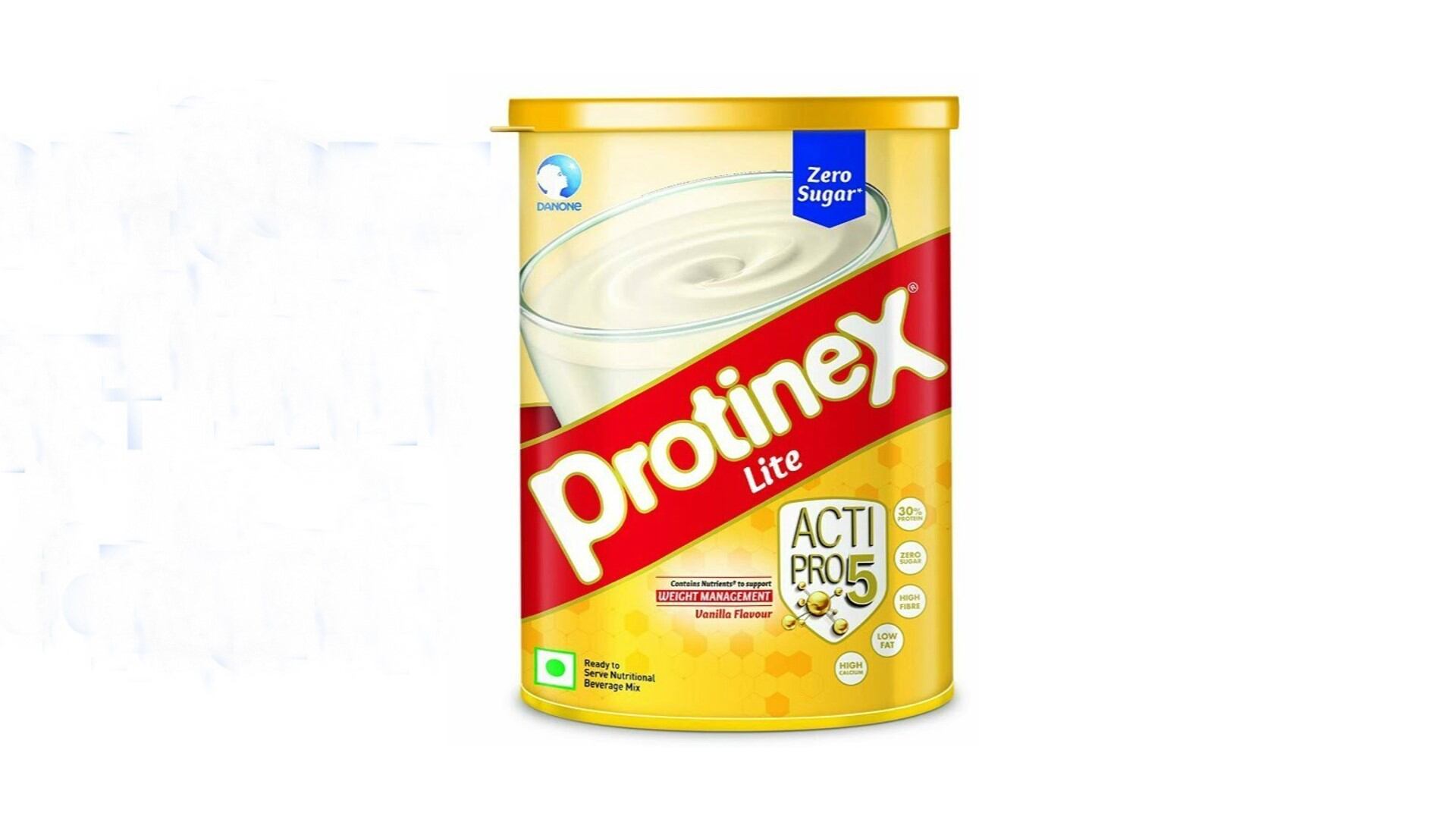The overall segment is poised to boast its second-best ever figures, after a global deficit led to an increase in prices for SMP and other derivatives, including ghee and butter.
According to data from the Agricultural and Processed Food Products Export Development Authority (Apeda), the government’s international trade-boosting agency, total dairy exports were worth US$404m from April 2018 to February 2019, an increase of 56% over the US$260m worth of shipments over the same period in 2017-18.
Experts say exports have continued along the same trajectory with an estimated US$100m worth of shipments in March to complete the year. This would take the total for the financial year past the US$500m mark, representing the best performance since the 2013-14 financial year set a record of US$728m.
Relief
This year-long revival has come as a relief for Indian exporters who had been twiddling their thumbs as they waited for an uptick in global prices supported by a deficit in the overall dairy supply.
RS Sodhi, managing director of the giant Gujarat Cooperative Milk Marketing Federation, which sells the Amul liquid milk brand and derivatives, told Business Standard that March has been a bumper month for SMP exports.
“We have exported around 30,000 tonnes of SMP in March,” said Sodhi. “Other dairy companies have also exported a large quantity of SMP to international markets, which we believe will continue over coming months as well.
“SMP prices have increased significantly in both domestic and international markets during the last two months,” he added.
Until recently, SMP prices had been on decline on the international market, reaching a low of US$1,800 per ton. They have since recovered to trade at around US$2,200-2,300 per ton, and have risen to a volume of around 100,000 tons.
Low exports
In its latest report, the Food and Agriculture Organisation of the United Nations has indicated that the 6.2% price increase posted in March represented the third consecutive month of price growth.
India may be the world’s biggest dairy producer, but its exports are minuscule by comparison. Milk production in 2017-18 grew to over 176m tonnes—roughly twice that of the US—following successive annual increases ever since the National Dairy Development Board began compiling figures in 1991.
The Indian export market is proof that production and exports do not naturally correlate. The problem for Indian exporters is that the domestic dairy market has been expanding so quickly that there are insufficient quantities to sell on the world market. Since 1991, consumption among Indians has more than doubled, from 178g per day to 375 in 2018. Collectively, this equates to over a quarter of world consumption.
And with the country getting wealthier, there is little financial advantage to be had in shipping products overseas at the current market prices.
India mainly exports non-fat dairy milk, cheese, lactose products, casein, butter, ice-cream and fats and oils derived from milk to countries including other parts of South Asia, the Middle East, America and Singapore.
SMP is also becoming a hero on the home front for producers, with benchmark prices having jumped by around 25% to trade at INR230-240 (US$3.30-3.44) per kilo—a rise of INR60-70 per kilo.
This increase corresponds to a rise in domestic demand over the last five months due to a shortage of availability. Sodhi forecasts SMP prices will hit an all-time high of INR290 per kg that by the end of June.
Meanwhile, farmers in Maharashtra who are bracing for the effects of a shortage of fodder and water, have been selling their milking animals to farmers in other states. As a result supplies in Maharashtra, which contains the major cities of Mumbai and Pune, are coming under increasing pressure.




